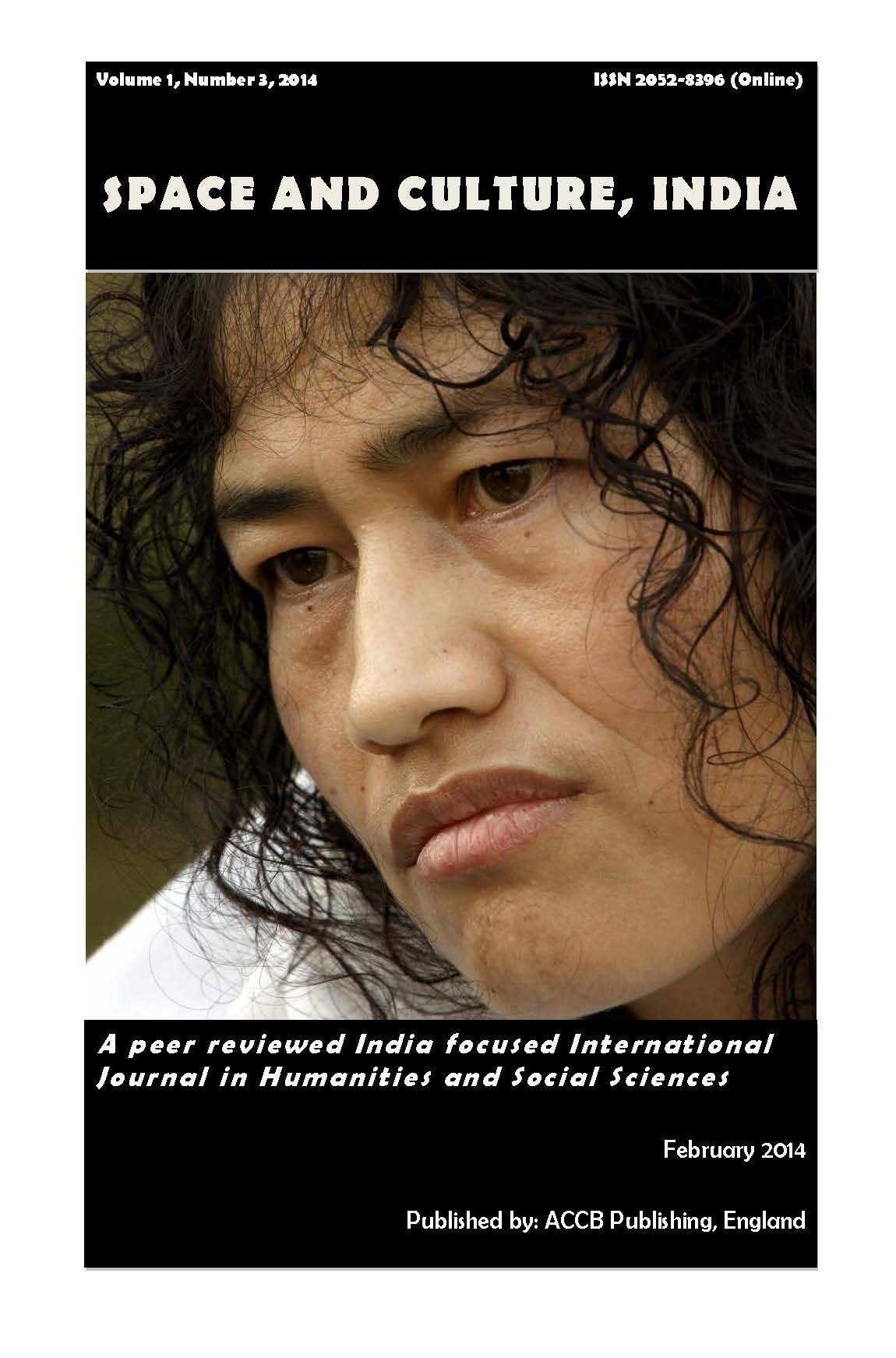Making the Public Distribution System Work

Abstract
Drawing on empirical observations of operation of public distribution system in different states of India, the paper constructs a preliminary game theoretic model. It argues that an effective public distribution must be as universal as possible, delivery mechanism of fair price shops should be re-formed, they should be make them commercially viable and that special attention should be paid to PDS at times of high food inflation.Keywords
universal public distribution system, fair price shop, expected utility, extensive game, India
Author Biography
Debarshi Das
Assistant Professor, Department of Humanities and Social Sciences
References
Basu, D. and D. Das (2013). In Cash or In Kind, Farms, Feasts and Famines, Himal Southasian, April, 56-68
Khera, R. (2011a). Revival of the Public Distribution System: Evidence and Explanations, Economic and Political Weekly, 46 (44 & 46), 36-50
Khera, R. (2011b). Trends of Diversion of PDS Grain, Centre for Development Economics, Del-hi School of Economics, Working Paper No. 198
Kotwal, A, M. Murugkar and B. Ramaswami (2011). PDS Forever? Economic and Political Weekly, 46 (12), 38-47
Sen, A. and Himanshu (2011). Why Not a Uni-versal Food Security Legislation?, Economic and Political Weekly, 46 (12), 38-47
Soares, F. V. (2011). Brazil’s Bolsa FamÃlia: A Review, Economic and Political Weekly, 46 (21), 55-60
Svederberg, P. (2012). Reforming or Replacing the Public Distribution System with Cash Trans-fers? Economic and Political Weekly, 47 (7), 53-62
Yanes, P. (2011). Mexico’s Targeted and Condi-tional Transfers: Between Oportunidades and Rights, Economic and Political Weekly, 46 (21), 49-54